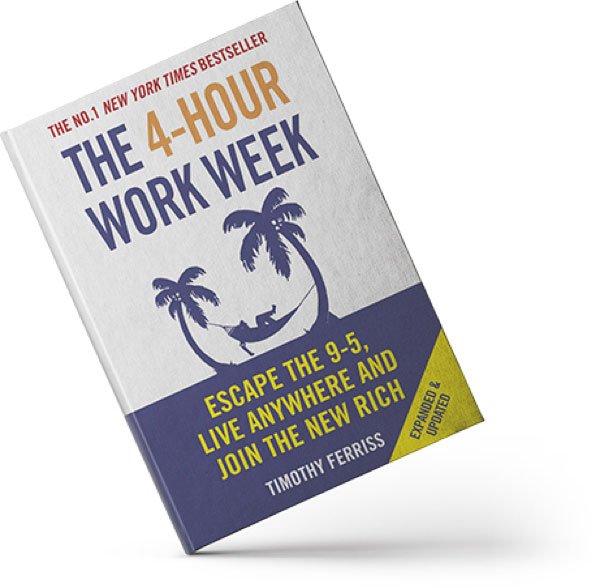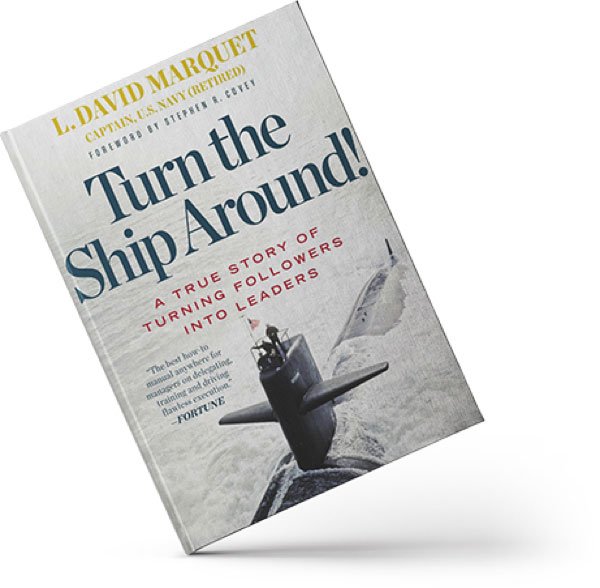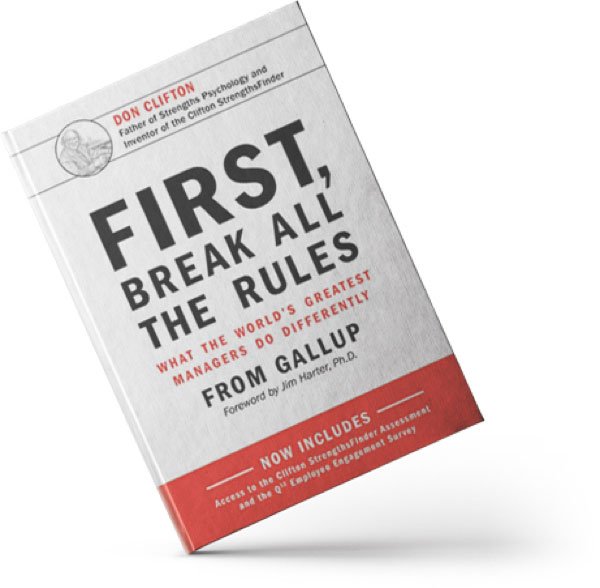In August 2020, Gymshark flexed its rippling, youthful pecs and bench-pressed $1.45bn.
The Herculean achievement puts the Birmingham (UK) gymwear company, founded in 2012 by two 19-year-olds into an ultra-elite category. There are currently just 18 ‘unicorn’ start-ups – young companies valued at over £1bn – in Britain including Gymshark, BrewDog and Deliveroo.
It takes something quite outstanding to grow so massive, so fast. But what exactly is it? Is it possible to identify the critical reasons for such mind-blowing expansion? In this article, Gymshark’s Executive Chairman Paul Richardson does just that.
Paul, 61, is a serial entrepreneur with a magnificently varied background. His first success came in the West Midlands’ waste-disposal trade but then, in 2000, proving that entrepreneurial skills indeed are transferrable, he co-bought fashion brand AllSaints out of administration and turned it into a winner.
Next, Paul joined the board of Birmingham City Football Club – a dream come true for this proud, true-blue Brummie. There, he absorbed entrepreneurial wisdom from the likes of chairman David Sullivan and MD Karen Brady, before returning to the recycling industry for eight years as MD of Knowaste, the world’s first nappy-recycling company. “I’m one of the world’s leading authorities on nappy recycling,” he laughs.
In 2013, thanks to a chance meeting in a Bromsgrove gym, Paul began chatting to Gymshark founders Ben Francis and Lewis Morgan. Before long, the youngsters were, between deadlifts, tapping eagerly into Paul’s business knowledge. A few months later, Paul accepted the role of Gymshark Director, then Chief Strategic Officer and since then he has overseen and guided the growth of one of Britain’s biggest business success stories and is currently Executive Chairman.
Paul says: “My mantra has always been to work really, really hard. The way I look at it, if I work seven days a week and my competitors work five, I’m two days ahead of them. And that’s 100 days over the course of a year. I’ve always wanted to be the best – first in Birmingham, then in the West Midlands, then in the Midlands, then in the UK and then beyond. I just love the challenge. Gymshark is a one-off – super special – the likes of which we’re not likely to see again for many, many years.”
On that note, let’s find out how Gymshark has achieved such wild success.
1) THE BEST IDEA WINS
Equality, transparency and zero hierarchy are significant reasons for Gymshark’s hypergrowth, suggests Paul.
“Ben, the founder, has the desire to be accessible to everyone rather than be a distant founder figure. He makes himself available at all times and what you see is what you get. His approach ties in with the company’s desire for equality and transparency. And that results in one of our mantras: the best idea wins. Some of our best projects and brand concepts come from executives; not directors.
“Which goes to show that we’re all equal at GSHQ. We don’t have special parking spaces for directors. We have two car parks and if one’s full and the CEO or Chairman can’t find a space, they have to drive to the next one like anyone else. There’s no top table or any of that rubbish. It was the same when we were a team of 20, 50 and 100. And now we’re 500-plus, it’s still the same.”
2) ALWAYS PUT YOUR BRAND FIRST
Gymshark is fast becoming an instantly recognisable global sportswear brand. It has nearly nine million Instagram followers, which puts it in the same ballpark as household names such as Under Armour, Reebok and even Nike. Incredibly, it’s reached that point in eight years. How has that been possible?
“This business is built on a brand-first philosophy. If you look after the brand, the customers will come. So, it’s always been about building and protecting the brand and not doing things for the wrong reasons. For example, our turnover is £260m. But we would probably be in the £600-700m bracket if we were to sell Gymshark products wholesale to the likes of JD Sports or Dicks Sporting Goods in the US. But we don’t do that because if we did, we would soon start to lose control of the brand.”
3) GET TO KNOW YOUR CUSTOMERS BETTER THAN ANYONE ELSE
There’s thinking you know your customer. Then there’s really knowing your customer. Gymshark is built on the latter. However, markets evolve and what’s hot and what’s not changes fast. Therefore, Gymshark invests enormous amounts of time and money in building a detailed picture of its target customer, closely tracking every move, whim and desire.
“We have a data team of around 40,” says Paul. “We want to understand everything about our customer – we aim to know what they want even before they do. So data is vital to our business. For example, we combine purchasing data with Instagram views and app-usage info. Then we gel all that together to build a picture. It might tell us that our target customer likes black tracksuit bottoms, black vests with large branding, loves doing deadlifts on Thursdays and Fridays and likes to work on the chest muscles on Mondays. That information allows us to advertise deadlifting kit – chalk, straps, lifting shoes – at the right time. Another Gymshark mantra is, know your customer better than anyone else in the world. If we achieve that, it allows us to treat them how they want to be treated.”
4) BLEND YOUTH AND EXPERIENCE
The perfect blend of youth and experience is a sports commentator’s cliché. Nevertheless, the mix of sprightly enthusiasm with timeworn wisdom is a big part of the Gymshark story. However, there’s another factor at play: mutual respect. The young members of the team learn from the older members. But perhaps more importantly, the experienced leaders understand the need to learn from the youngsters. So it’s a two-way street.
Paul: “One big reason for the success of Gymshark is its blend of youthful energy and enthusiasm with experience and expertise. But the only way that works is by having trust and respect going back and forth. For example, I can’t just come into this business and call the shots. I’ve learned so much from the younger people at Gymshark – from the junior execs all the way up. You learn something new all the time. If you give people the respect they deserve, they’ll give you the respect you deserve. And if you get that going as a two-way street, it’s gold dust.”
5) UNDERSTAND THE IMPORTANCE OF MENTAL AND PHYSICAL WELLBEING
Gymshark’s campus in Solihull is also home to one of the best gyms you’re ever likely to see. The 20,000sq-ft Gymshark Lifting Club includes 13 Olympic-grade weight-lifting platforms and much more. It’s a central part of the brand’s 200,000 sq ft campus that is being developed, including the original £4m HQ, and proves how much emphasis the company places on fitness and wellbeing. So, no surprises that Paul sees physical fitness as the final big reason for Gymshark’s incredible rise.
He says: “Weight or fitness training creates the perfect mindset for business because it requires focus, stamina, self-motivation and resilience. If I’m trying to lift a certain weight and I fail, am I going to give up? No, absolutely not. I’ll try again – it might be tomorrow or next week, but I will try again. Our philosophy is you can get knocked down ten times but that doesn’t matter as long as you get back up for the 11th. In life you come across all sorts of things that knock you down. As long as you keep getting up, then you’ll be OK. It’s the same in business. You can have failures. Just make sure you get back up again. As a company, we truly believe that.”
HITTING THE SHOWERS AND WRAPPING THINGS UP
Gymshark has smashed its way to the top of the British start-up Premier League. Now it’s competing on the global stage with some of the biggest brands on Earth. To achieve that and its $1bn plus valuation in just eight years is incredible, especially when you consider the founders were screen-printing T-shirts in a cobwebby home garage as recently as 2012!
Paul Richardson’s reasons for this growth make fascinating reading. First, he identifies decisiveness, stemming from Ben Francis’s “laser vision” Second comes equality – so the best idea, rather than the most politically expedient one, carries the most weight. Third on the list is a brand-first philosophy, which sees Gymshark doing what’s best for its name and reputation in the long-term, even if it means a short-term reduction in potential profits. Fourth is customer knowledge – but not your common or garden variety. With a data team of 40, this is consumer insight with bells and whistles on. Penultimately, Paul describes the interplay between youth and experience and, vitally, the oldies’ willingness to learn from the kids – and vice versa. And finally we hear about the company’s in-built passion for fitness and wellbeing, thereby building resilience, mindfulness and balance.
WATCH THE FULL LIVE LOUNGE INTERVIEW HERE:
These insights reveal so much about how a British unicorn was built. Applying them to your situation won’t create a £1bn business overnight. But it may get you a little closer to your dream destination. Watch the full interview here:




















